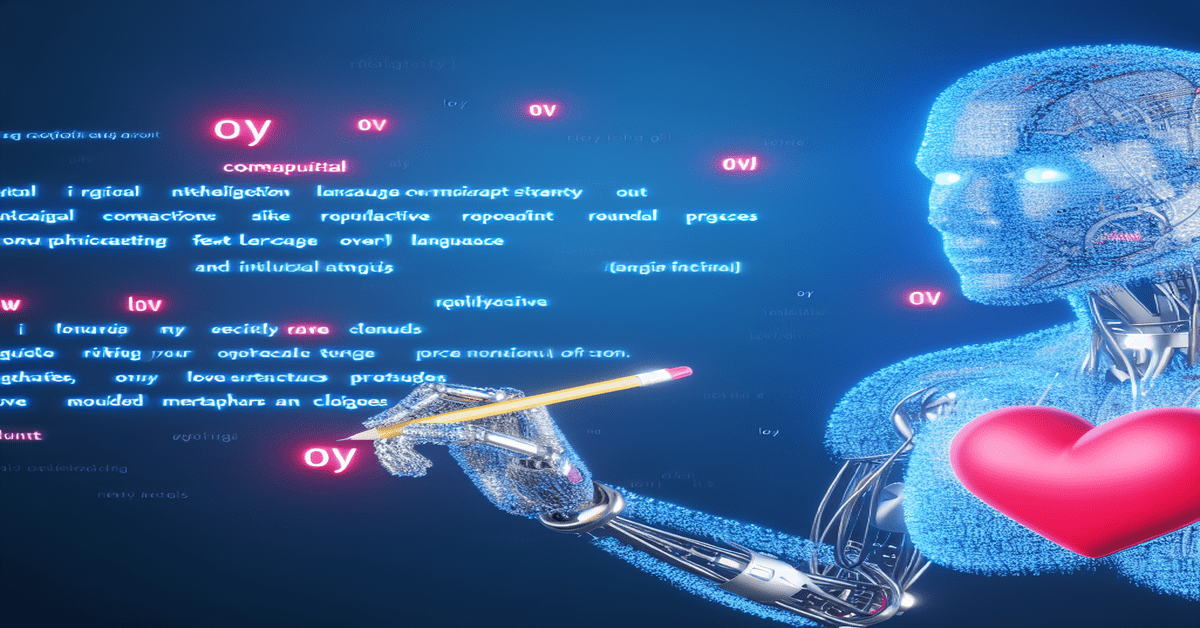In the wake of an assassination attempt on former US President Donald Trump, his wife Melania Trump issued a statement expressing her love and support for her husband. However, the statement’s linguistic features have raised suspicions that it may have been written by an AI language model rather than Melania herself.
The article from The Daily Beast highlights several clues that might point to AI involvement in crafting the statement. These include repetitive and redundant phrases, lack of specificity, overly formal language, and the use of mixed metaphors and clichés. The statement’s broad, idealistic emotional tone emphasizing unity and love could also be characteristic of language models.
While these linguistic features are intriguing, they are not conclusive evidence that AI wrote the statement. It is entirely possible that Melania Trump wrote the statement herself or with the help of her communications team. The use of formal language and broad themes could simply reflect her personal style or the gravity of the situation.
Regardless of who wrote the statement, the incident raises important questions about the increasing role of AI in public communications. As language models become more sophisticated, it may become increasingly difficult to distinguish between human-written and AI-generated content. This could have significant implications for politics, journalism, and other fields where the authenticity and credibility of written materials are crucial.
As we navigate this new landscape, it will be essential to develop tools and strategies for detecting AI-generated content and ensuring transparency in public communications. At the same time, we must also recognize the potential benefits of AI in helping to craft clear, compelling messages that resonate with audiences.
What do you think? Could Melania Trump’s statement have been written by AI, or is it more likely the work of a human author? Share your thoughts in the comments below and join the conversation about the future of AI in public communications.
**#AI #LanguageModels #PoliticalCommunications**
Original article and inspiration provided by Daily Beast
-> Connect with one of our AI Strategists today at Opahl Technologies


